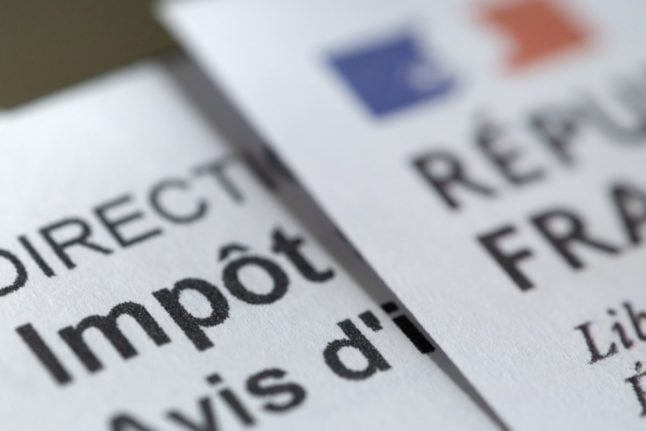Thursday, April 11th marks opening day for the déclaration des revenus – the annual tax declaration that must be completed by almost everyone living in France, plus those living overseas who have income in France.
Declarations can be done online via the tax website impots.gouv.fr – and those filling out the declaration will notice that an extra questionnaire has been added at the end this year.
Everyone living in France must complete the declaration – even if they have no income in France. The only exception is a small group of salaried employees whose circumstances have not changed since last year – if you fall into this group, you will have already been notified by the tax office.
Those living outside France may have to complete a declaration if they have income in France, including income from renting out a holiday home or second home.
You can find a complete explanation of how to fill out the declaration HERE.
Check out our 2024 tax guide for everything that has changed this year.
There is more information HERE on the most common tax traps for foreigners in France.
And you can also check out our FAQs for answers to the most common questions, from currency exchange rates to the rules on foreign bank accounts.
The deadlines to have completed the declaration are;
- May 20th – the deadline for anyone mailing a paper tax declaration
- May 23rd, 11.59pm – the last date for online tax declarations for anyone living in the départements 01 to 19. This is also the date to file for people living outside of France.
- May 30th, 11.59pm – the deadline for filing online for those in départements 20 to 54
- June 6th, 11.59pm – closing date for online tax declarations for inhabitants of départements 55 to 96, and France’s overseas départements
For more information on French taxes, head to our Tax Guides section.



 Please whitelist us to continue reading.
Please whitelist us to continue reading.
Member comments